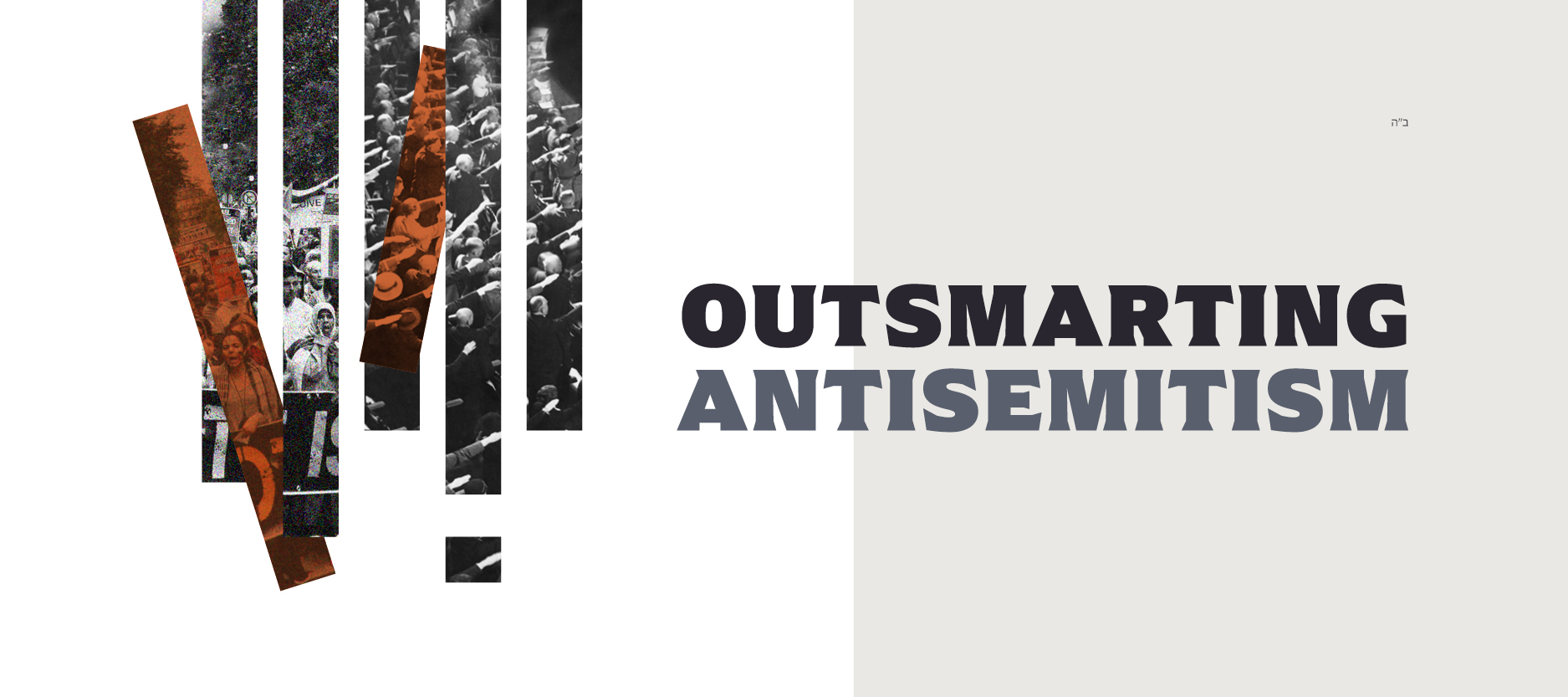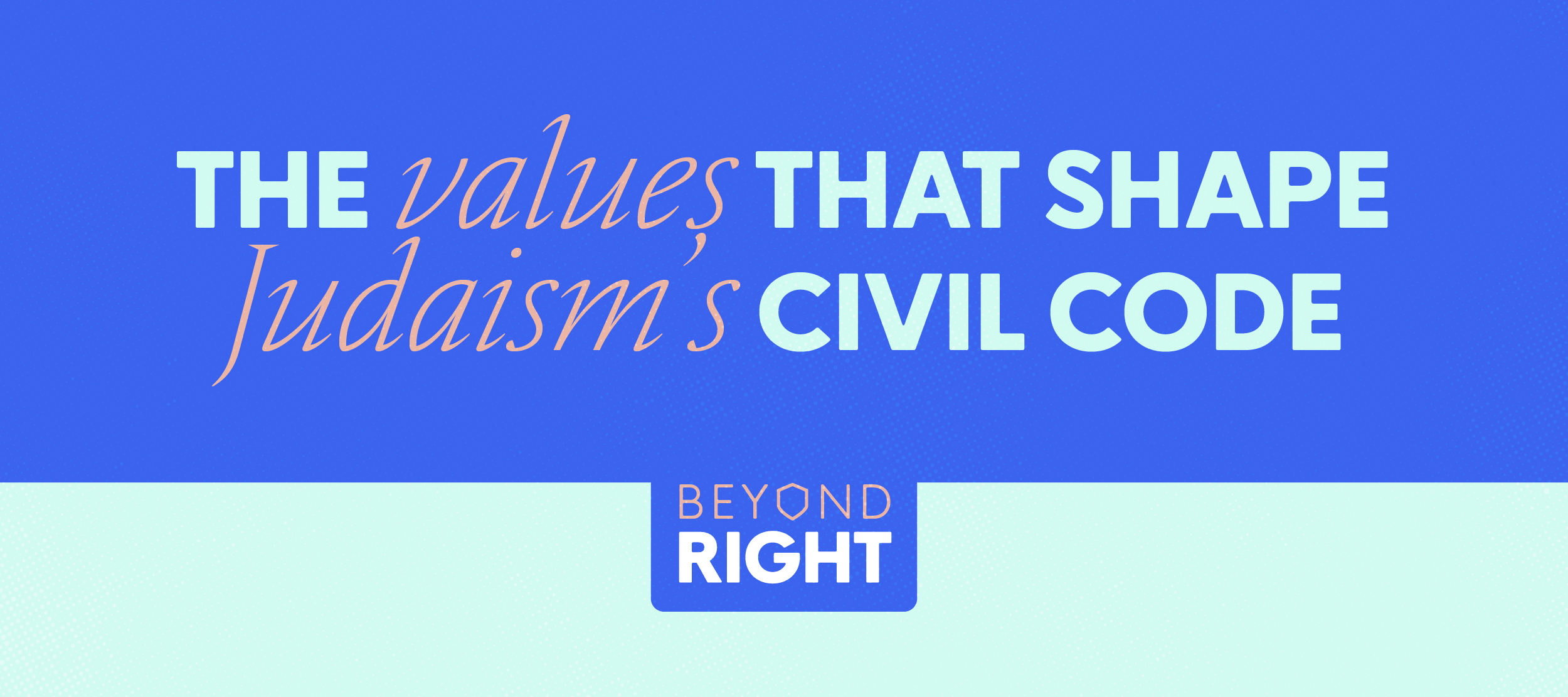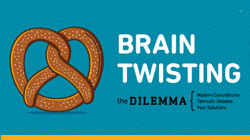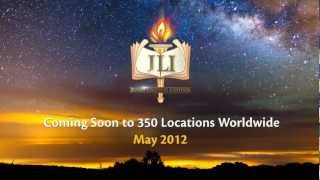Relationships don’t just happen—they’re nurtured. This course empowers you to enhance, enrich, and nurture all your interpersonal relationships—at home, at work, and beyond.
Explore classic Jewish texts to uncover knowledge and skills for practicing empathy, active listening, agreeable disagreement, interpersonal optimism, constructive criticism, and effective relationship repair.
This course will satisfy most states' continuing education requirements for Medical Doctors, Psychologists, Social Workers, LMFTs, and LMHC/LPCs.
Go to myjli.com/continuingeducation for a complete accreditation statement.
Course Details
Lesson 1
The Art of Empathy: Nurturing Soulful Bonds and Deepening Relationships
Unlock the source of all great social connections and see how Judaism’s understanding of empathy enables deep, meaningful friendships that nourish your soul.
Lesson 2
The Art of Listening: Enhancing Connection through Mindful Communication
See how your attention shapes every relationship. Discover the power of attentive listening and why every word shared is worthwhile, and gain practical tools for effective, active listening.
Lesson 3
The Art of Disagreeing: Navigating Differences with Respect and Understanding
Does love conquer all? Explore when direct communication on hard topics is healthy, and when it’s not, and see how to sidestep personal offense, maintain grace, and achieve growth while navigating conflict.
Lesson 4
The Art of Positivity: Uncovering More Good in Those around Us
How can we stay connected to flawed people? Learn to identify biases that misconstrue our view of others, and unlock the tools Jewish thought offers for seeing the goodness hiding in plain sight.
Lesson 5
The Art of Influence: Guiding Others with Love and Effectiveness
Learn the limits of “live and let live.” See how Jewish texts chart a kind, considerate, and effective path for offering critique and guidance grounded in genuine love and respect.
Lesson 6
The Art of Forgiveness: Restoring Relationships through Reconciliation
How can we rebuild after hurt? Explore a realistic approach to forgiveness that addresses wrongs while overcoming resentment, rescuing connections, and rebuilding relationships.

 English
English Hebrew
Hebrew French
French Spanish
Spanish























